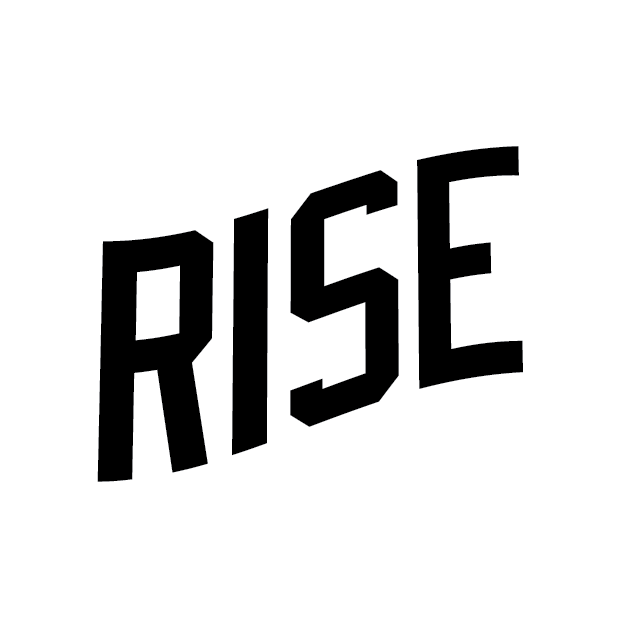Labor Day 2025: Remembering Freedom While Confronting Modern‑Day Slavery in Prisons
Every first Monday in September we gather to celebrate hard work, collective bargaining, and the promise that every worker deserves fair pay and safe conditions. Yet beneath the celebrations and barbecues lies an invisible workforce whose labor is exploited in “prison.” In 2025, those living incarcerated are forced into work programs, often for pennies per hour, creating a modern‑day form of slavery that ripples through families, communities, and the economy.
The National Picture: Prison Labor as Modern Slavery
+65% of individuals in federal and state prisons are required to work, violating the 13th Amendment’s “slavery” clause and international labor standards
Average wages range from $0.13 to $0.52 per hour. No overtime or hazard duty pay. [1]
Often without proper training or safety gear, individuals are assigned dangerous and degrading jobs from handling chemicals to security shifts. [2]
Women, people of color and other vulnerable groups are disproportionately placed in the hardest roles.
The economic ripple is real: prison labor can cost taxpayers millions while undercutting private industry.[3] Moreover, when released individuals return with a criminal record and little to no savings, they face steep re‑entry barriers that keep them trapped in cycles of poverty; and often, recidivism. RISE’s reentry program is proof that these services are imperative to successful reintegration.
Nebraska’s Unique Challenges
The “Prison–Industrial Complex” in Omaha & Lincoln: The state’s largest facilities produce goods for federal contracts, often at prices that undercut private industry.
Limited Oversight: Independent audits are rare; many incarcerated individuals lack the legal knowledge to challenge unfair practices.
Re‑entry Barriers: Low wages, negative employment records, and poor to no reentry programs make it difficult for released prisoners to find jobs, perpetuating a cycle of incarceration.
Why Nebraska Matters – And How It Reflects the Nation
Nebraska’s prison labor practices mirror national patterns: mandatory work, underpayment, unsafe conditions, and exploitation of marginalized groups. Yet because Nebraska has fewer high‑profile prisons, its issues often go unnoticed on the national stage, despite affecting thousands of families across the country.
By shining a light on Nebraska, we expose how these practices contribute to a broader system that keeps millions of Americans trapped in modern slavery. Every paycheck earned by an incarcerated individual at any facility is part of a national economy that undervalues human dignity for profit.
What Can We Do?
Educate: Share statistics and personal stories on social media, local radio, and community newsletters.
Advocate: Support state bills that ban mandatory labor, set a living wage for the incarcerated, and require transparent audits.
Partner with Businesses: Encourage companies to refuse prison‑made goods or pay a fair premium for them.
Support Reentry Programs: Donate to or volunteer with organizations that provide job training, mental health services, and legal aid to formerly incarcerated individuals.
Let’s honor true labor by demanding that every worker, inside or outside walls, is treated with dignity, fairness, and respect. Learn more about RISE’s mission here.
Labor Day reminds us that the value of work is measured not just in dollars but in human rights. By confronting the hidden chains of modern slavery in Nebraska, and across America, we can move toward a future where freedom truly means equal opportunity for all.
[2]. https://assets.aclu.org/live/uploads/publications/2022-06-15-captivelaborresearchreport.pdf
